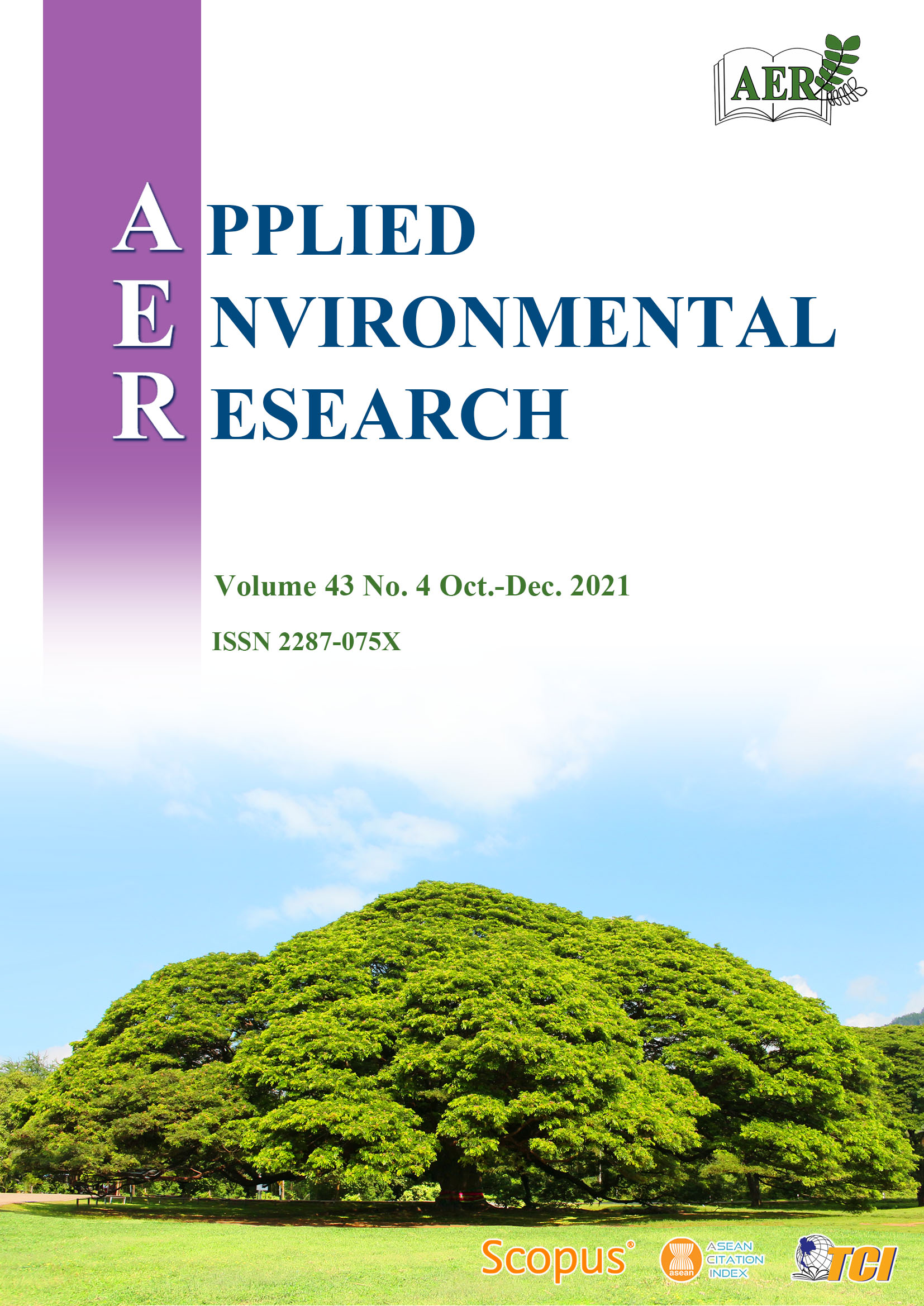Environmental Degradation-Education Nexus in Malaysia
Main Article Content
Abstract
This study aims to examine the role of education on CO2 emissions in Malaysia from 1974 to 2014. The unit root tests indicated that the variables were integrated in the same order. As such, the Johansen Co-integration Approach can be employed in this empirical analysis to analyze the impacts of the selected variables. The long-run estimation revealed that economic growth (GDP) and energy consumption (ENERGY) has a negative effect on CO2 emissions. Meanwhile, secondary school education (EDU) demonstrated a significant positive relationship with environmental degradation in the long-run. This can be inferred that secondary school education has a negative effect on environmental quality. However, a negative relationship was found between CO2 emissions and economic growth in the long-run. Besides that, this study had highlighted a positive association between gross fixed capital (GFC) and CO2 emissions. The findings from this study shed light on the vital importance of education in affecting environmental degradation. Empirical evidence suggested that the current education system will need to be redesigned for the reduction of CO2 emissions in the future. This is supported by the result that indicated the secondary level education promotes higher consumption of technologies that emit pollutants rather than promoting environmental awareness.
Article Details

This work is licensed under a Creative Commons Attribution-NonCommercial 4.0 International License.
Published articles are under the copyright of the Applied Environmental Research effective when the article is accepted for publication thus granting Applied Environmental Research all rights for the work so that both parties may be protected from the consequences of unauthorized use. Partially or totally publication of an article elsewhere is possible only after the consent from the editors.

